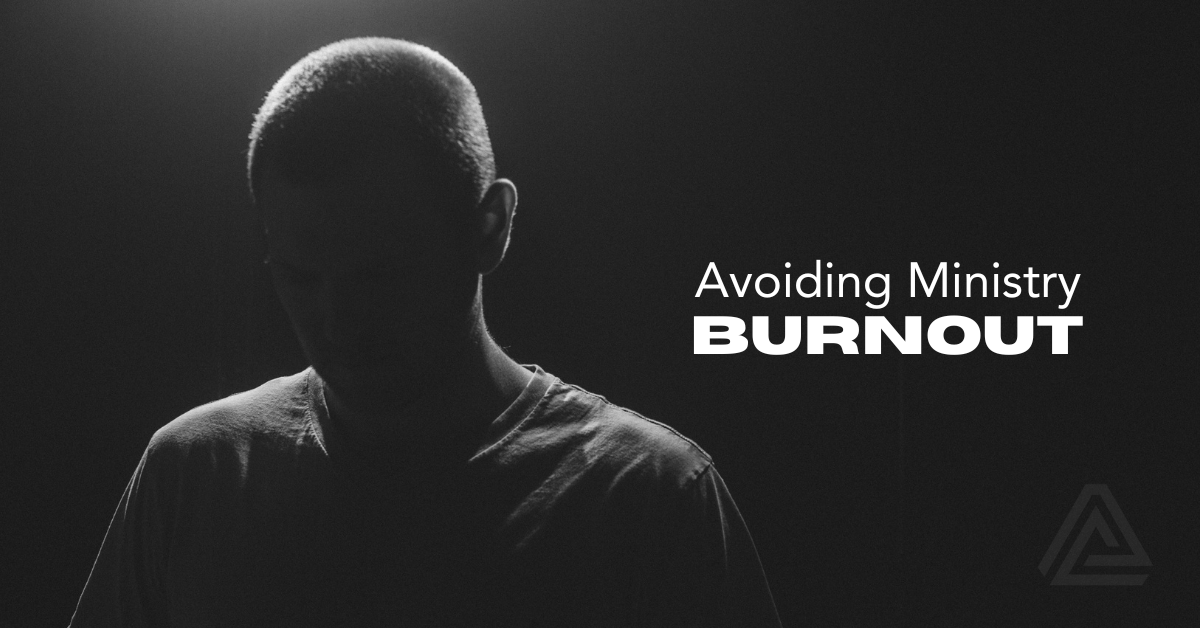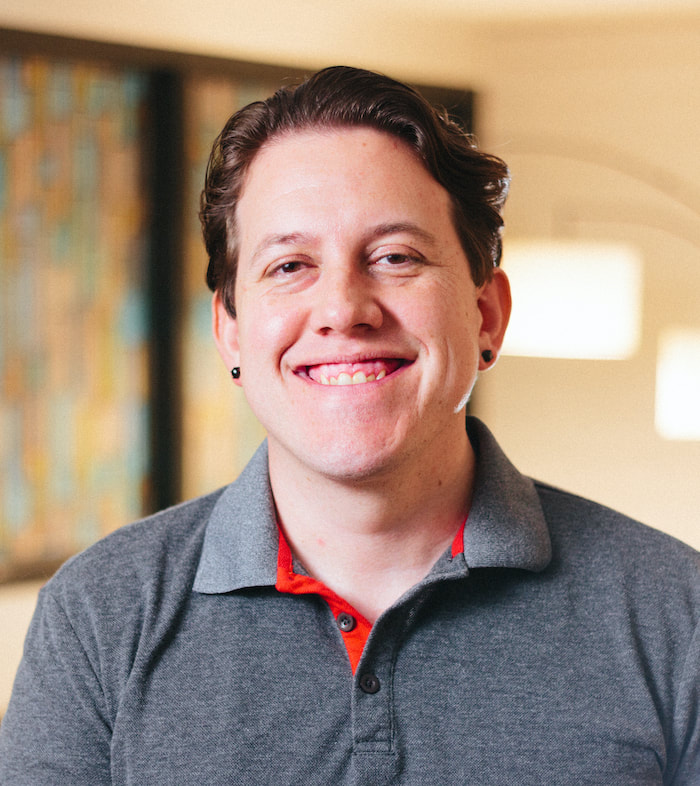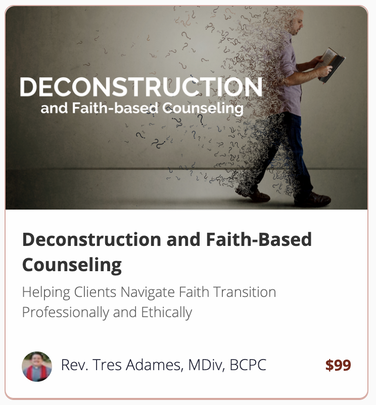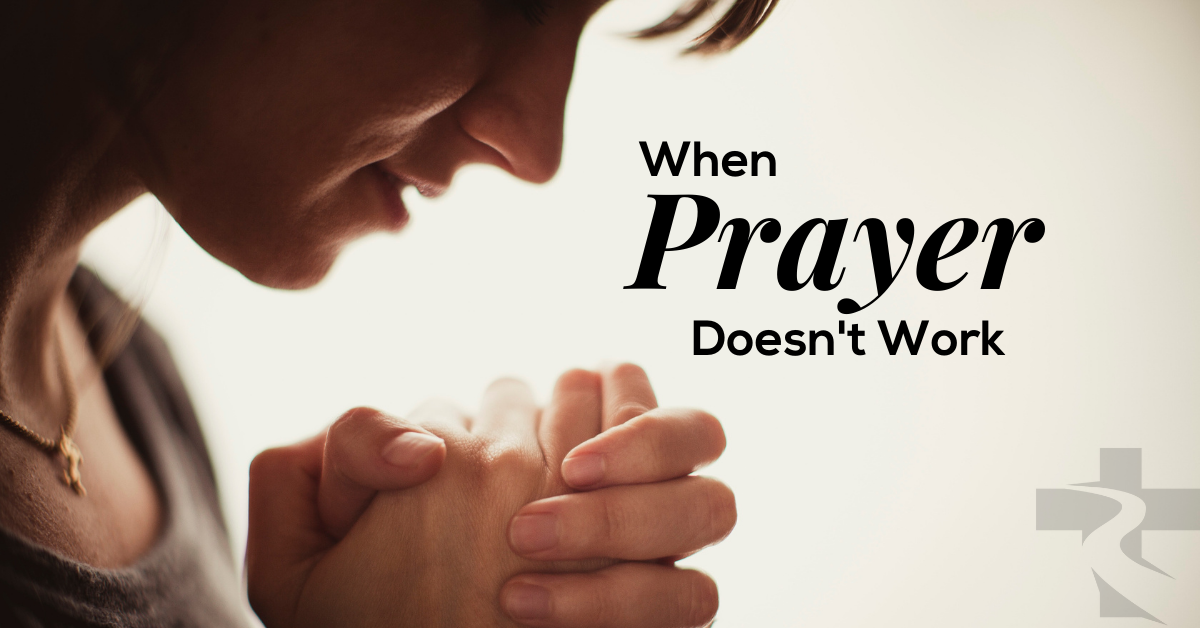|
Emilia had always been a creature of spring. The fresh blooms, soft pastels, and the celebration of Easter — these were the things that filled her heart with a profound sense of joy. But as spring gradually gave way to summer, and the blossoms yielded to a fiery red sun, Emilia could feel a familiar exhaustion creeping into her spirit. In Phoenix, Arizona, where she lived, the summers were relentless. Come late June or early July, temperatures regularly soared above 110 degrees or more for weeks at a time. The sun blazed and the desert landscape outside her window seemed to ripple and waver in the blistering heat. The city that had been her beloved home began to feel more like a furnace. Emilia, once a social butterfly, started to retreat indoors to escape the sweltering heat. Her weekends, once bursting with excitement as she explored the trails of Piestewa Peak or enjoyed outdoor picnics at Encanto Park, had now been reduced to a monotonous existence within the confines of her small air-conditioned apartment.  There are ways to beat the "sunshine blues" There are ways to beat the "sunshine blues" Emilia noticed her mood shift as the temperatures rose. Restlessness pervaded her nights, and her appetite dwindled as well. She could not shake off an uncharacteristic irritability that tinged her social interactions, even with the people she cared about. A sense of profound sadness and unease would wash over her for no discernible reason. It felt as if the sun that she once worked and played under was now a never-ending heat lamp under which she wilted. She had heard about Seasonal Affective Disorder (or SAD), but her knowledge was limited to the "winter blues" common in colder climates. Living under the long summers of Phoenix, it never crossed her mind that she could be facing a reverse form of the disorder until she stumbled upon an article while mindlessly scrolling through her phone one sleepless night. She read about the symptoms of Reverse Seasonal Affective Disorder and it all began to make sense.
It can even impact an individual's spirituality. A person's relationship with God is often a source of solace and hope, a wellspring from which they derive strength and resilience. However, pervasive feelings of anxiety, restlessness, and depression associated with RSAD can contribute to feelings of disconnection from oneself, one's family, friends, and even one's faith. If a person is already dealing with some type of spiritual struggle, such as dealing with grief or loss, the physiological effects of RSAD can compound the already existing feelings of dispair and isolation. Strategies for Dealing with RSAD So, how can one combat summertime sadness? The strategies for dealing with summer-onset RSAD are somewhat similar to those dealing with winter-onset SAD:
 Armed with this newfound knowledge, Emilia decided to confront her summertime sadness. She first visited her doctor who talked to her about possible antidepressant solutions. Even if she wasn't ready to try medication, her doctor recommended that she see a therapist or counselor. Being a person of faith, Emilia sought advice from a Christian counselor who helped her implement various spiritual resources and practical strategies. Blackout curtains were hung, sleep schedules were established, a daily devotional time was implemented, and an exercise routine was followed. Emilia also tried her best to maintain her social connections by connecting with friends over iced coffee and getting more involved in summertime activities at her church. Emilia even began to appreciate the parts of summer that she enjoyed. Pool parties with her family and tubing down the Salt River with friends helped her stay connected (and cool). She was also able to escape the heat by taking weekend trips up north to Prescott and Flagstaff where temperatures were cooler. When she was at home, she learned to appreciate the early mornings before the sun claimed the sky and decided to add a devotional time to her morning routine. She also looked forward to late evenings when the sky filled with dark but welcome rain clouds from the evening monsoons. She'd sit on her balcony at these times, soaking in the cool monsoon breezes, letting the tranquility wash over her like soothing rain. These became her moments of meditation, of connection to the world outside her doors. It was not an easy journey. There were days when the weight of the blazing heat seemed too much, days when the shadows of her mind seemed longer than the shadows cast by the noonday sun. But every morning, she reminded herself that it was not a battle to be won in a day. It was a process, a dance with the sun, a rhythm she had to find and follow. The weeks continued and before long, cooler temperatures returned just in time for her to hang up her autumn decorations. Through her struggle with RSAD, Emilia learned to navigate the ebb and flow of her moods. She learned the importance of understanding and listening to herself (body and soul), of finding beauty in unexpected places, and of finding strength in vulnerability. Most importantly, she learned that even the harshest of summers give way to gentler seasons, and it was her task to weather the storm, to keep going even under the harshest sun, until the skies softened once again. RSAD is one example of how deeply our environment and health are intertwined. By understanding the signs and symptoms, as well as possible solutions, we can better manage the effects this conditions may have on our lives. If you or a loved one might be dealing with RSAD, don't hesitate to reach out for help. You are worth it. And remember, you're not alone on this journey. If you're looking for support, we at Prism Counseling & Coaching are just a phone call away and would be more than happy to explore counseling options with you. Here's to brighter days ahead, regardless of the season. The contents of this article are for informational purposes only and do not constitute medical advice; this content is not intended to be a substitute for professional medical advice, diagnosis, or treatment. Always seek the advice of a physician or other qualified health provider with any questions you may have regarding a medical condition. Never disregard professional medical advice or delay in seeking it because of something you have read in this article.
I’ve counseled a lot of pastors over the years, which is a privilege, but can also be heartbreaking. Pastors are human, and they struggle with the same pressures that everyone does. Yet there can be an unspoken expectation that pastors have to be perfect. 1 Timothy 3:2 indicates that a leader should be “above reproach” and “must exercise self-control, live wisely, and have a good reputation.” Paul sets the standard high, and we are wise to follow his instruction, but we tend to drain all grace out of these guidelines. Apart from Christ, the New Testament doesn’t present spiritual leaders as flawless, even after they receive the Holy Spirit. Paul lost his temper and got into a disagreement with Barnabas that became so intense that they split ways (Acts 15:36-41). Peter turned away from those who needed the gospel in order to appease the in-crowd (Galatians 2:11-14). External pressure proved to be too much and they caved in. These examples are not an excuse for sin, but we need to be aware of external pressure so that we don’t give into internal temptation. With all of the pressure to perform, some pastors succumb to stress, burnout, and even scandal.
1. RestFind time for rest. While we don’t have to follow a strict observance of the Sabbath, the general principle is still beneficial and restorative. In the words of Christ: “’The Sabbath was made for man, not man for the Sabbath’” (Mark 2:27). I suggest resting daily, weekly, and every few months.
What should you do if you're on the edge?
by Rev. Tres Adames, MDiv, BCPC
How pastors, families, and churches can be there for those who are deconstructing
In the summer of last year, well-known evangelical pastor, David Jeremiah, declared that those leaving evangelicalism (termed "Exvangelicals") could be an indication of the beginning of the end times. While this was merely speculative, and might have intended to help current believers feel better about what they were seeing, this approach does little to build empathy with those who have already felt hurt by the church. The posture of a Christian (especially pastors) should be one of compassion and understanding, not othering (especially demonizing) those who think differently than we do. It also seems counter to the evangelical message itself. We should pursue and love others, especially when they have genuine questions around God, faith, and their purpose and direction in life.
1. Many people who are experiencing a deconstruction of their faith don't even want to deconstruct. Questioning one's faith can be an emotionally exhaustive process that may lead a person to a place where they feel like they may lose their church, their family, and their friends. There's a lot on the line so try to be sensitive to this. Many have previously been ardent believers, faithful givers, and actively involved in their local church.
2. If someone is honest with you about their doubts, view it as an act of bravery.
Many people who are deconstructing are afraid of being rejected by people who have been close to them for years. Many are afraid of simply being labeled a "backslider." Even if they don't experience this reaction, they still may not be completely comfortable with spiritual conversations if they feel like they might be misunderstood. Try to listen more than you speak.
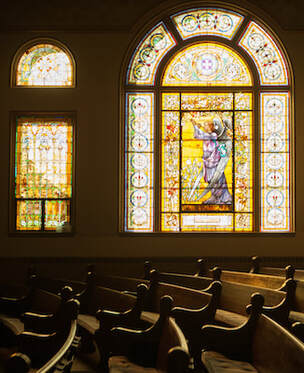
4. Don't push them into reconstruction.
While deconstruction can be a precursor toward the reconstruction of a deeper, more vibrant faith, the process is so incredibly unique to each person. It's tempting to suggest that they should "still focus on Jesus" or not "throw out the baby with the bath water," but some people may need to go through a season where they step away from faith altogether, especially if they have trauma around religion or if they experienced abuse in the church. Such tragedy can deeply affect a person's perception and experience of God, so they may need to distance themselves so they can disentangle and heal.
6. Do your own introspection as a leader and as a church.
None of this means that you have to deconstruct yourself. If it's distressing to talk to someone who is deconstructing, it might be time to work on yourself. Asking yourself (and your church) some hard questions can be incredibly valuable. I've listed some ideas below. These questions are less about finding concrete answers and more about what you discover as a result of having these conversations:
About Tres Adames
Rev. Tres Adames is a Board Certified Pastoral Counselor and provides resources on the subject of deconstruction in the following areas:
New Course on Deconstruction for Counselors and Therapists
by Rev. Tres Adames, MDiv, BCPC Have you ever asked God for something but didn’t receive it? If we are honest, we all have. Yet prayer is not something similar to wishing on a star. There is nothing inherently wrong with asking God for things — sometimes we do get what we ask for. But a lot of times we don’t. It's heartbreaking when it’s something huge, like praying for healing from a serious illness or praying for some type of suffering to end. As a pastoral counselor, I try to get people to connect with their spiritual resources, that is, practices and activities that can help them grow emotionally, relationally, and spiritually. A lot of people are hesitant about prayer. Some feel guilty that they don’t do it enough. Some have been let down by its results. What does it mean that “prayer changes things?” Also, what does it not mean? In this article, I will be sharing some insights on understanding the purpose of prayer and how to more deeply utilize prayer in your own faith journey. What Prayer Doesn't DoPrayer isn't about manipulating God. We aren’t trying to twist God's arm. Yes, God can do anything, but that doesn’t mean that God does anything we ask. There are a lot of reasons why prayers go unanswered. Some say God knows what is better. There’s even a song by Garth Brooks called “Unanswered Prayers.” Some of the lyrics go: Sometimes I thank God for unanswered prayers Remember when you're talkin' to the man upstairs That just because He doesn't answer doesn't mean He don't care Some of God's greatest gifts are unanswered prayers. Sometimes, good things result from not getting what we want. This is a popular theme in movies. The main character doesn’t always get what they want (or have even been fighting for), but end up discovering what they need all along. Some say God does answer each of our prayers, but not according to what we know, but according to what He alone knows.
The fact of the matter is, sometimes prayer doesn't work the way we want it to. Often, our circumstances don’t change—in fact, they may get worse. I have a lot of clients who don’t practice prayer for this exact reason. If their prayers worked the way they wanted, they probably wouldn’t be sitting in front of a counselor! I do believe in miracles, and we see in scripture where God does miraculous things in response to prayer. I think that still does happen, but it all depends on the will of God. However, I feel like we are missing out on what prayer has to offer — on what God really has to offer — if we only focus on supplication, that is, asking God for things to change. Spiritual Bypassing One of the things I do as a pastoral counselor is train other pastors and lay leaders in the areas of pastoral care and mental health first aid. I’ve had the chance to help develop a special curriculum through my association (ACPE) called the Pastoral Care Specialist training program. One of the principles we discuss, is that of spiritual bypassing. What is spiritual bypassing? According to an article by Kendra Cherry: “Spiritual bypassing describes a tendency to use spiritual explanations to avoid complex psychological issues. The term was first coined during the early 1980s by a transpersonal psychotherapist named John Welwood… According to Welwood, spiritual bypassing can be defined as a ‘tendency to use spiritual ideas and practices to sidestep or avoid facing unresolved emotional issues, psychological wounds, and unfinished developmental tasks.’” So what does that mean? It’s when we try and use our faith to escape reality, to avoid responsibility, or to avoid facts that we don’t want to face. What are examples of this? If you say or hear these phrases, they might be examples of spiritual bypassing:
What Prayers Does“If any of you lacks wisdom, you should ask God, who gives generously to all without finding fault, and it will be given to you.” — James 1:5 Here James says to use prayer to ask God for wisdom. Why wisdom? So we know what to do. The Epistle of James has a lot of practical wisdom in it. Throughout, the writer is advocating for more than just words, faith, and hoping for the best. He is challenging the reader to ask God for wisdom then do what it takes to carry it out. There’s a saying that is often attributed to St. Ignatius (though it’s doubtful that he said these exact words), but it states: “Pray as if it’s all up to God and work as if it’s all up to you." Prayer Changes Us Individually “I pray because I can't help myself. I pray because I'm helpless. I pray because the need flows out of me all the time, waking and sleeping. It doesn't change God. It changes me.” — C.S. Lewis Prayer imparts wisdom, peace, and strength to do what we need to do. It helps us endure difficult times. But doesn’t God already know what we need? Yes. It reminds me of a scene from The Chronicles of Narnia. Author and Conference Speaker, Christin Ditchfield describes it this way: “In C.S. Lewis’s novel The Magician’s Nephew – the prequel to The Lion, The Witch And The Wardrobe – the Great Lion Aslan sends Polly and Digory and their flying horse Fledge off on an important quest across the land of Narnia. But when night falls and they still haven’t reached their destination, the children grow hungry – and realize they have nothing to eat. “Polly and Digory stared at each other in dismay. ‘Well, I do think someone might have arranged about our meals,’ said Digory. ‘I’m sure Aslan would have, if you’d asked him,’ said Fledge. ‘Wouldn’t he know without being asked?’ said Polly. ‘I’ve no doubt he would,’ said the Horse, (still with his mouth full [of grass]). ‘But I’ve a sort of idea he likes to be asked.’” Ditchfield goes on to remind us that: “In Matthew 6:8, Jesus assured His disciples, ‘Your Father knows what you need before you ask Him.” But then He went on to give them instructions on how to pray.’” Yes, God knows everything we need, but He still wants to talk with us because He loves us. Prayer Changes Us Corporately Prayer not only connects us with God, it connects us with one another. With the growth of social media, talk about prayer has also increased online, to the point that Facebook is currently testing a new prayer feature: "A Facebook spokesperson confirmed to Religion News Service that the social media platform currently is testing the prayer post feature. The idea for prayer posts grew out of the myriad of ways users have connected over Facebook while distancing during the COVID-19 pandemic, according to the spokesperson.“Our mission to give people the power to build community extends to the world’s largest community — the faith community,” said Nona Jones, head of Global Faith Partnerships at Facebook." Intercessory prayer (which is praying for others), helps us build empathy for other people. It helps us get out of our own head, our own problems, and connects us with others. Intercessory prayer helps us see the bigger picture. It helps us realize we are all connected and that we aren’t alone. However, we want intercessory prayer to be more than just giving our “thoughts and prayers” when disaster occurs (that would be spiritual bypassing). What does this look like? If it’s a friend we are praying for, maybe it’s offering to bring over a meal or setting aside time to allow them to talk to us over coffee to share what’s on their heart. If it’s a bigger event we are praying about, like praying during the aftermath of a mass shooting or a big issue like the fight for racial equality, it means praying with our feet and not just on our knees. It means getting involved in change in a very real way.
Developing a Richer Prayer LifeDo not be anxious about anything, but in every situation, by prayer and petition, with thanksgiving, present your requests to God. And the peace of God, which transcends all understanding, will guard your hearts and your minds in Christ Jesus." — Philippians 4:6-7 Rather than worrying, Paul says to share your problems with God. My grandmother taught Sunday School and Children’s Church for over 50 years. She not only taught children stories from the Bible, but also taught them to pray. She would always ask for prayer requests from the kids, and always made a point to say that: “If it’s important to you, then it’s important to God.” That always stuck with me — because it’s true. It’s easy to view God as distant and detached when the opposite is true. God is here with us, within us, and cares deeply about us. 1 Peter 5:7 says: "Cast all your anxiety on Him because He cares for you.” Be Honest When You Pray I encourage clients to be raw, real, and authentic with God. Tell God how upset you are — be angry — God can take it. Need proof? Look at the Psalms. They are full of prayers that aren’t nice, neat, and polished. They include the full range of emotions. Some psalms are filled with sorrow (which we call lamentations). Other psalms are angry at God and demand Him to do something. There is no sinful emotion. God accepts all of it. Write Your Prayers I encourage people to write their prayers out — to journal all that they are feeling. Some describe wrestling with God through the process. James Pennebaker, a social psychologist and researcher, pioneered what is known as the expressive writing method, which is an intervention that has shown to improve the mental and emotional health of participants. The research done by Pennebaker has shown that writing about one's own story can help with coping and processing memories. This simple exercise can definitely be combined with prayer journaling. Pray with Thanksgiving In this passage, Paul says: “In every situation, by prayer and petition, with thanksgiving, present your requests to God.” So, when you pray, don’t just ask for what you need, take time to be thankful for what you do have. Why? Reminding ourselves of how God has been faithful in the past helps us trust Him in the present. John Wesley, the founder of Methodism said: “Thanksgiving is inseparable from true prayer; it is almost essentially connected with it.” Taking time to be conscious of what one has — to show gratitude — has been shown in various studies to increase overall happiness. Pray for Others and with Others Take time to pray for other people — really do it. Just scan through Facebook and I bet you’ll see at least one of your friends asking for prayer. Commit to praying for them and their situation. Also follow up with them. You’ll be surprised at how much it might help you move past your own anxiety by consciously attending to someone else’s needs. Finally, pray with other people. There’s something incredibly intimate about praying with your loved ones. Especially when people are being real with one another and pray with each other. There’s incredible power when you feel other people praying for you — so give that gift to others. Prayer is more than just asking for what we need. God knows what we need, but he still wants us to talk to Him. Prayer is not about avoiding responsibility and it doesn’t help us escape reality. Prayer helps us engage with reality, to cope, and to endure — to grow in wisdom and find the strength to do the right thing and ultimately fulfill our calling.
|
Article Topics
All
Archives
July 2023
|
We're ready to help. Let's begin.
Peoria LocationInside State Farm
9299 W Olive Ave Ste 212 Peoria AZ 85345 |
Phoenix LocationInside CrossRoads UMC
7901 N Central Ave Phoenix AZ 85020 |
About |
Services |
EducationPrograms
ACPE Spiritual Care Specialist Pastoral Counseling Apprenticeship Deconstruction Course Free Grief Training Contact |
We're ready to help. Let's begin.
© 2024 Prism Counseling & Coaching. All Rights Reserved.
Christian DISC® is a registered trademark of Prism Counseling & Coaching.
Christian DISC® is a registered trademark of Prism Counseling & Coaching.


